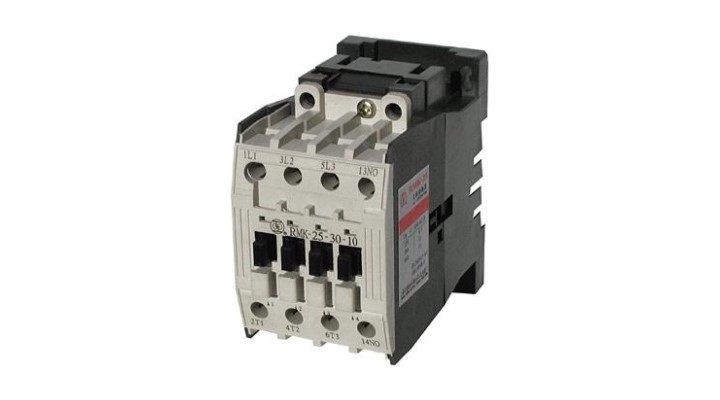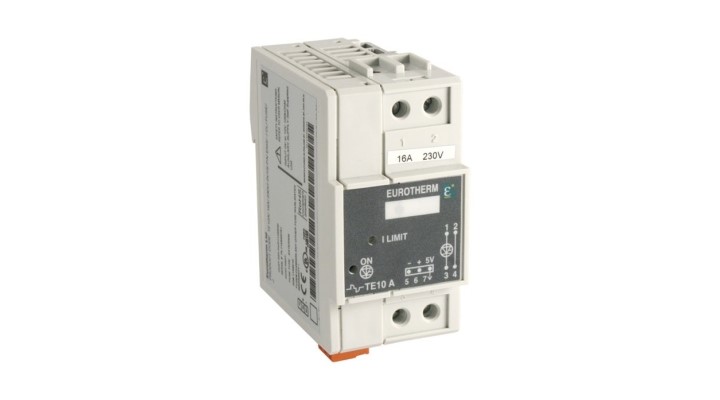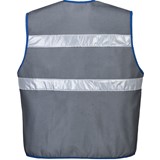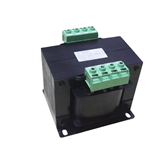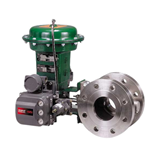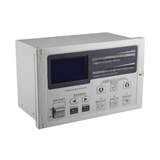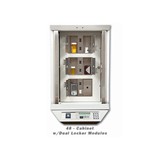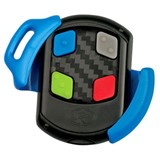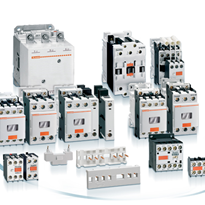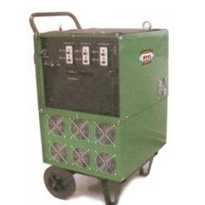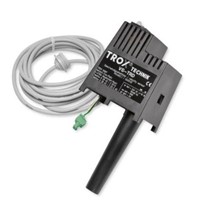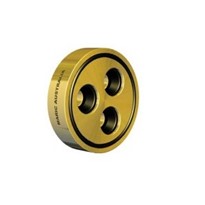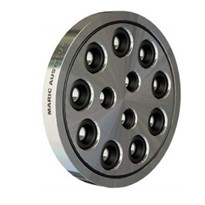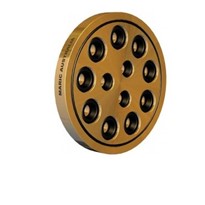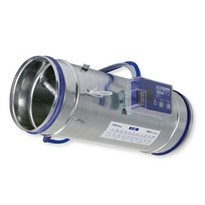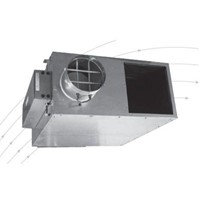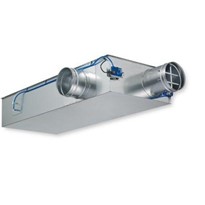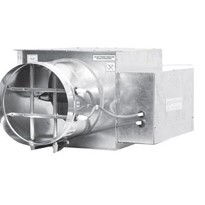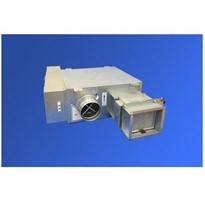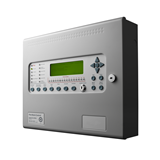This mini-article attempts to point out the benefits of both to help make decisions on which heating control device is better for your machine.
Complicated contactors:
Contactors are simple devices that electro-mechanically operate electrical contacts to 'switch' power through to heating elements. Heating elements are mostly resistive but there are other types and designs of elements commonly used like Short Wave Infrared (SWIR) elements found in thermoforming and PET blow moulding.
The main benefits of contactors are that they are low cost to purchase, available in a variety of sources and allow for easy fault finding for electrical maintenance people looking for heating problems in plastics machines.
The main issue with contactors are that they have moving parts and will only operate for a limited number of sysles. They also product transient spikes on the coil supply which can damage electronic controllers connected to the same supply.
Finally, contactors have a limitation on how frequently they can be energised and de-energised to save them from shaking themselves to failure.
How do thyristors (solid state relays) compare?
Solid state relays (or thyristors by their correct name) have different advantages when compared to contactors. They have no moving parts so do not wear out from physical operations, switch energy on and off at zero volts on the AC so do not create transients, and (most importantly) can extend electrical element life. They can switch on and off very rapidly (as fast as 50msec on/off) which provides greater heater temperature stability and process control and can last for 10-15 years if selected and installed correctly.
Working against thyristors is their initial purchase price (but are they cheaper in the long run?) and that we need to consider ambient temperature conditions to ensure the AC load current rating is not compromised.
On balance...
For general purpose machinery where control stability and accuracy is not essential, either contactor or thyristor control is satisfactory to use.
However, for critical control applications such as thermoforming and or abnormal loads like Short Wave Infrared (SWIR) heating elements, thyristors are ideal.
Thyristors are an excellent solution for resolution power control (excellent temperature control) or for coping with high in-rush currents that are found in SWIR heating elements.
Contact ECEFast today to find out what heating control device is best for your operations.


